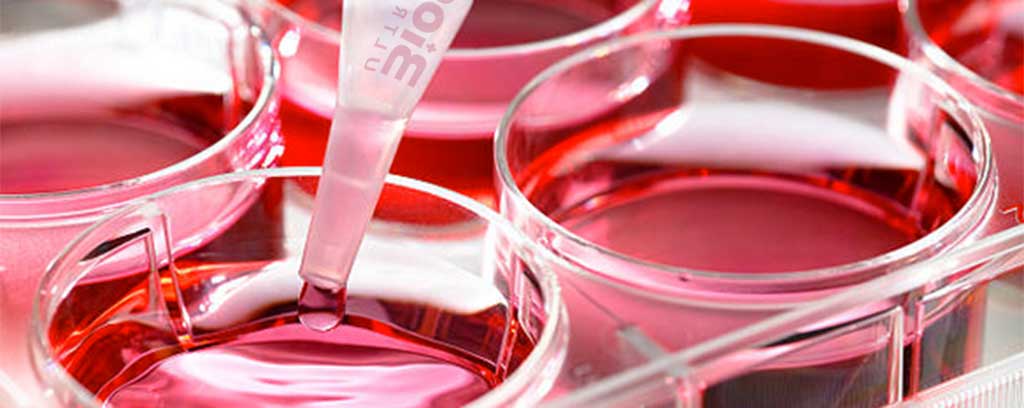Immunity in all Formulations of Biocell Ultravital Products
Contemporary medical views consider the thymus gland as the “brain” of the immune system, integral to the development and function of T-lymphocytes. However, the thymus gland shrinks with age, a process whose causes remain elusive. This process reduces the number of functional T-lymphocytes, weakening the body's defense mechanisms and increasing vulnerability to illnesses as one ages.
In fact, most diseases are linked to immune system dysfunction in some way or another. Therefore, utilizing thymus peptides, enzymes, and other bioactive factors can aid in normalizing immune responses, thereby mitigating these diseases.
From 1953 until his death in 1989, SANDBERG regularly treated his patients with aqueous thymus extract (THX).
From 1964, Dr. Elis Sandberg (1910-1989) frequently used aqueous thymus extract (THX) to treat chronic diseases and cancer across thousands of patients with notable success. As a result, this method reached widespread acclaim in Germany, especially following clinical research showing that THX and thymus peptides significantly improve immunological functions. Patients with chronic and recurrent infections have greatly benefited from THX therapy. Most patients also exhibited noticeable overall health improvements with THX therapy that rejuvenates the immune system.
Thymus peptides are crucial for the activation and differentiation of immature T-cell precursors into mature T-cells. Therefore, the inclusion of thymus gland extracts, thymic peptides, enzymes, and other bioactive components into our Biocell Ultravital's 4th Generation product formulas is essential for enhancing immune system function.
Many illnesses can be traced directly or indirectly to a disorder of the immune system.
The use of peptides, thymus extracts, enzymes, and other components in the formulas of all Biocell Ultravital 4th Generation products provide an important regulator of the immune system mechanism.
In more recent years, the therapeutic use of immunomodulatory thymus peptides has become particularly relevant in three main areas: cancerous tumors (e.g., lung, breast, and prostate cancer), chronic infections, and autoimmune and inflammatory disorders.
Regarding cancer, affected patients typically have primary or secondary immunodeficiency. Primary immunodeficiency refers to inborn genetic errors in immunity. In contrast, secondary immunodeficiency is acquired later in life due to external factors, such as malnutrition, infection (e.g., human immunodeficiency virus, HIV), or medical therapy (e.g., chemotherapy), which may incapacitate immune functions. In either case, treatment with thymic peptides is beneficial, as it modulates the relevant immune responses to prevent pathological inflammation and further deterioration of the immune system.
A weakened immune system becomes a breeding ground for opportunistic pathogens, leading to chronic or recurrent infections. Unfortunately, conventional antibiotics only target the pathogen to provide temporary relief, which may even compromise immunity by disrupting the gut microbiota. Dr. John H. Knowles (1926-1979), a cardiopulmonary physician who served as the eighth president of the USA Rockefeller Foundation, emphasized that better health and longevity are more likely achieved through healthy living than through medical breakthroughs. In other words, your future health outcomes depend largely on the lifestyle actions you take today rather than what medicine can do for you later.
